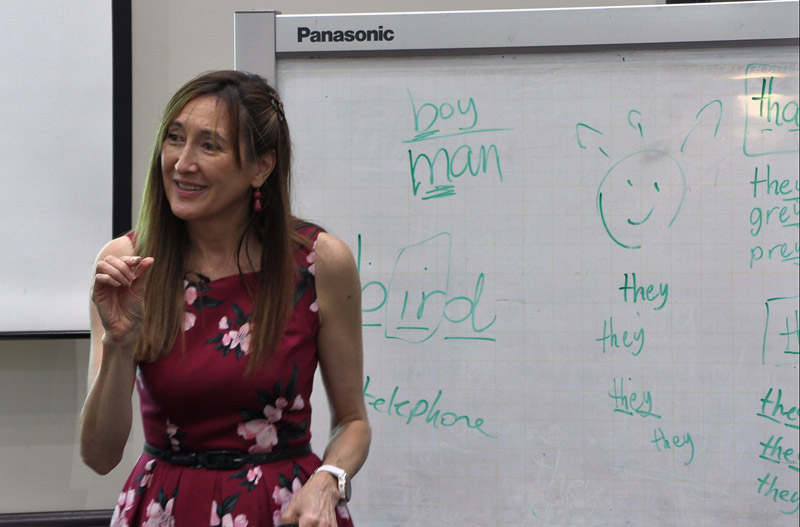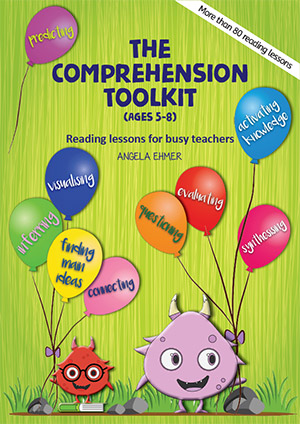Targeting Literacy Intervention Strategies
Queensland Education minister, Rod Welford recently commented on the results of the Years 3, 5 and 7 literacy and numeracy tests on ABC radio.
Mr Welford commented that a student’s success at school is largely dependent on the literacy levels of their parents, and in particular their mother.
Extensive studies highlight the link between students’ home lives and their school achievement levels. Factors of race, gender, socioeconomic status, family structure and home literacy play a significant role in contributing towards a child’s success at school. Home literacy contributes to oral language development, exposes children to books and written language, shapes attitudes towards literature, fosters relationships between parent and child and shapes social-emotional attitudes to schooling.
Mr Welford added that “It may mean that one of the ways of addressing the students that are well behind is to look at the family as a whole, and see if we can assist those parents because it may well be that the parents themselves have had negative experiences in the education system and are passing that perception on to children”.
Whilst it is promising to hear Mr Welford’s comments about increasing support for families at risk, would it be of greater value to address this issue before these students fall so far behind? For some students identified for support in national tests at Years 5 or 7, the gap that separates them from the average is significant.
Early intervention strategies have been shown to make the greatest difference to student achievement. It is easier to bridge a gap between students when the gap is at its most narrow point, and much more difficult once the gap has widened as it does as students move through their school career.




